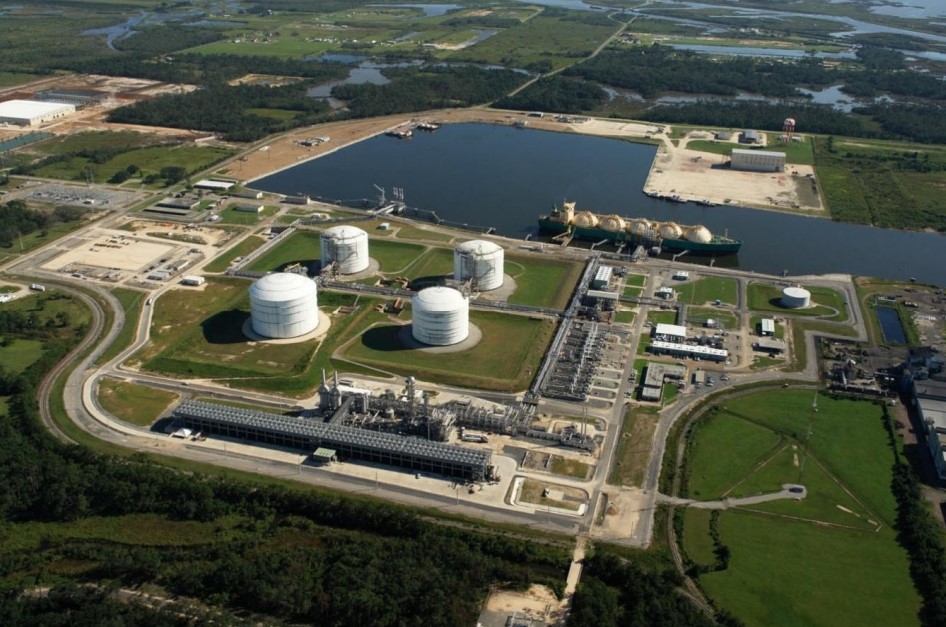Texas-based Energy Transfer said it plans to file in August an application with the US DOE for a new export authorization for the company’s proposed Lake Charles LNG export facility in Louisiana.
In April this year, the department declined Lake Charles LNG’s request to extend the deadline to start exports by December 2028.
After that, the DOE also declined a rehearing request in June.
“We have had discussions with the DOE subsequent to this decision, and we believe the best path forward with the DOE is to file an application for a new export authorization. We expect to file this application in August,” Energy Transfer’s co-CEO, Tom Long, told analysts during the company’s second-quarter earnings call on Wednesday.
During the DOE’s review of this application, Energy Transfer intends to continue to work with its existing customers, respective equity investors, and other stakeholders to progress the development of this project, he said.
In this regard, in July, the company entered into three non-binding HOAs related to the long-term LNG offtake from this project for an aggregate of 3.6 mtpa of LNG, Long said.
One of the deals is with Chesapeake and Gunvor, the second deal is with EQT, and the third HOA is with a Japanese customer.
25 percent of equity ownership
Asked about equity ownership in Lake Charles LNG during the call, Energy Transfer’s co-CEO, Mackie McCrea, said that “nothing has really changed there”.
“We kind of have a target of around 25 percent of equity ownership,” he said.
“We won’t really talk about who the equity partners potentially are. I mentioned a few without naming them, but yes, there’s more than that. There are some producers that expressed interest,” McCrea said.
“And so, there’s a wide range as we kind of consummate some of the bigger equity commitments, then we’ll go to whatever remaining commitments that we need to attain that kind of 75 percent of partners in the project,” he said.
Energy Transfer announced six SPAs during the last year and the customers include China Gas, Gunvor, ENN, SK Gas, and Shell.
The firm previously said it is in “active discussions” with customers related to the remaining capacity.
Energy Transfer also said that it obtained EPC bids from two contractors in May this year.
The company’s Lake Charles LNG project seeks to convert the company’s existing regasification terminal to an LNG export facility.
It has a proposed liquefaction capacity of 16.45 mtpa and includes three trains and also modifications to the Trunkline Gas pipeline.

